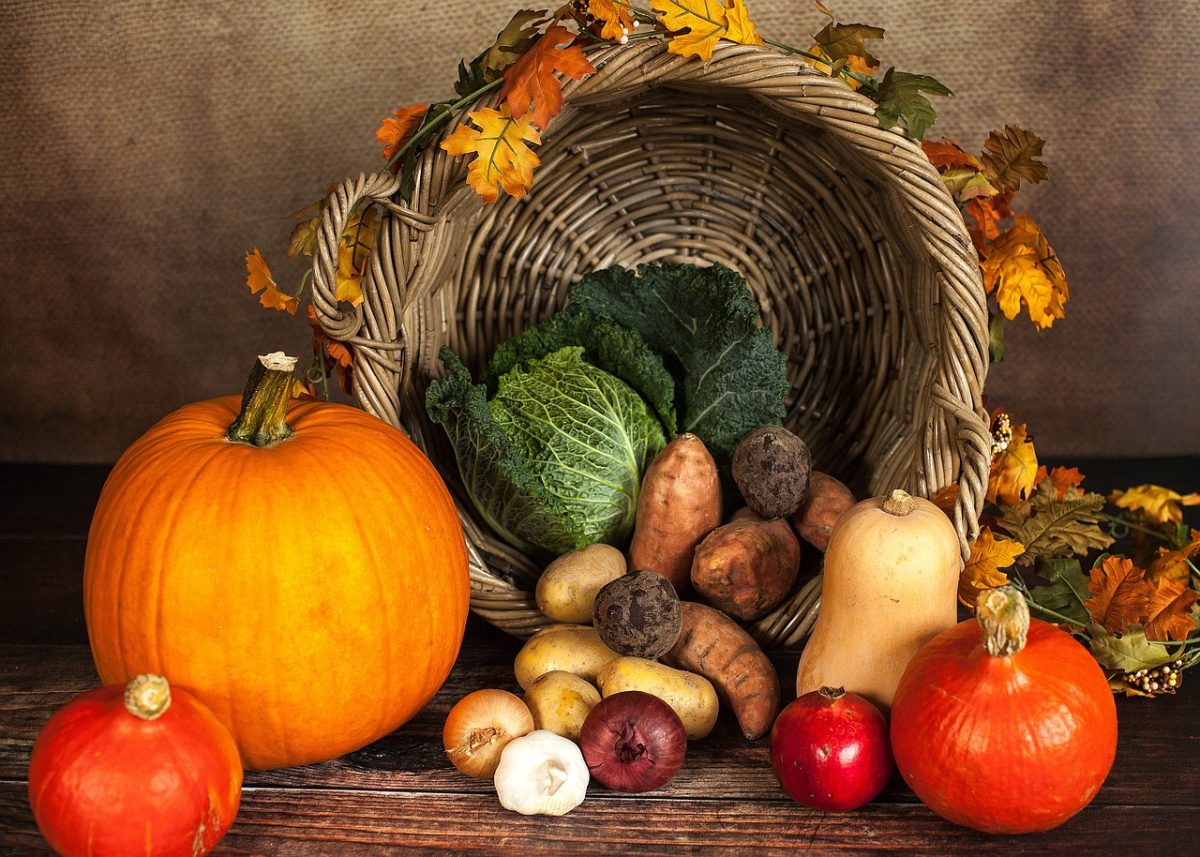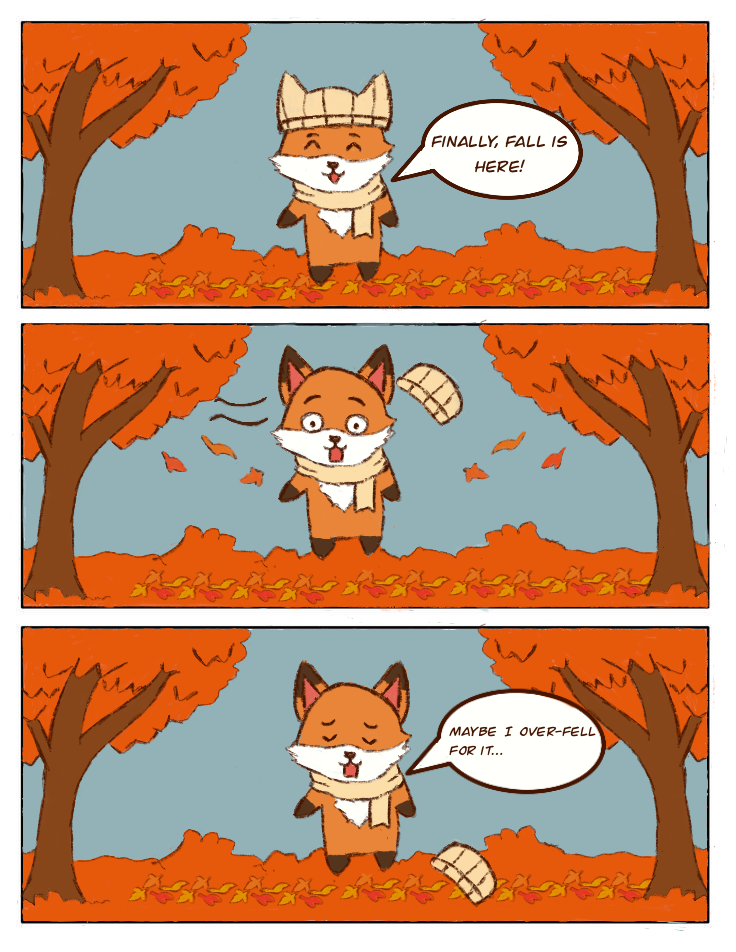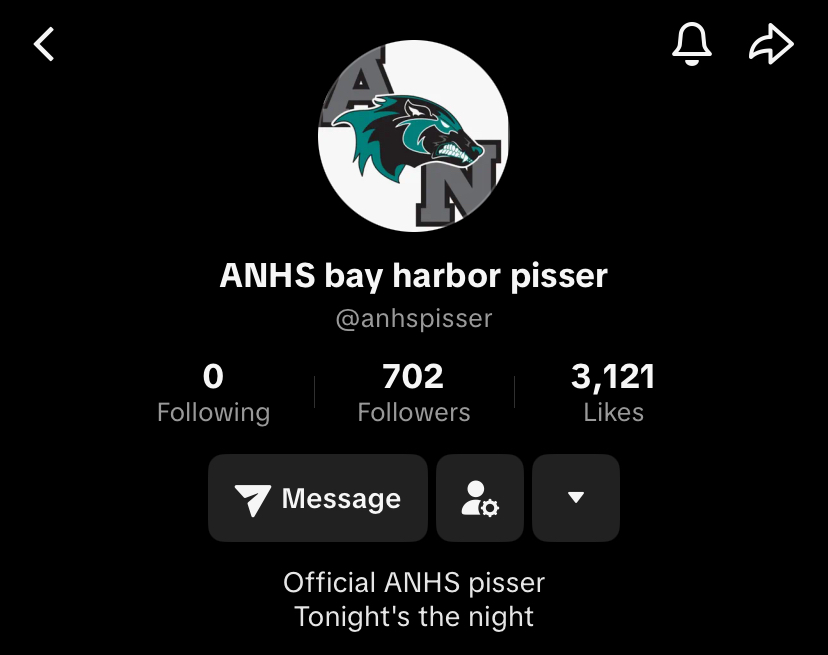The holiday Thanksgiving is based on the values of gratefulness and kindness, yet over the years it has lost its meaning along with its popularity.
The origin of Thanksgiving is directly based on the brutal colonization of America’s Indigenous people, which leads many to stop justifying the “greatness” that comes with Thanksgiving and focus more on its bloody history.
It’s not a secret that the story of the first Thanksgiving is a bit exaggerated and outdated. The reality is that upon the Pilgrims arrival, the Indigenous people’s hospitality was repaid with an invasion of land and spread of foreign diseases.
“I think gratitude is important, but Thanksgiving is like the celebration of colonization and the story of it. There should be a gratitude day, but I don’t think Thanksgiving should be a holiday; it gives me the same vibe as Columbus Day,” says Sarah Smith (12).
While it’s important to remember the values we associate with Thanksgiving, it’s not worth upholding a holiday with such a dark history, especially when the groups that were wronged are still mistreated and marginalized in our society today.
In addition to historical controversy, Thanksgiving is a major hassle from a practical standpoint due to the amount of preparation and time it takes to host a dinner.
The stress associated with creating a perfect meal, accommodating guests and managing family dynamics can be overwhelming and in turn, take away from the meaning of gratefulness that the holiday represents.
The focus on overconsumption, especially in food, often raises concerns about the holiday’s effects on health and sustainability. The large dinners often lead to unnecessary purchasing and consumption, which contributes to food waste and environmental impact.
As our country becomes increasingly diverse, Thanksgiving may not resonate with everyone. Only some citizens may have a cultural or familial connection to this holiday, which makes it less inclusive in a multicultural world.
Instead, people should advocate for a more diverse approach and work on normalizing the idea of gratitude and community spirit being shared throughout the year, rather than confining it to a single day.
While it’s easy to critique the holiday for its outdated menu and traditions, it’s still important to honor the values that it represents-gratitude and love.
“In principle, I really like the idea of it because you’re celebrating your loved ones and giving time to appreciate them. Even though you can do that every day it’s still nice to have a day dedicated to those feelings because they sometimes go overlooked,” says Al Kuznetsov (12).
Obviously gratitude and appreciation for friends and family is shared year round, but a holiday like Thanksgiving helps bring it to people’s attention and assist in teaching kids about the importance of these values and beliefs.
However, it doesn’t take away from the bloody and twisted history that comes with this holiday. The best solution to fixing this holiday is to stop justifying the historial Thanksgiving, and instead move on to a new holiday which celebrates these values alone rather than how they originated in our country.







